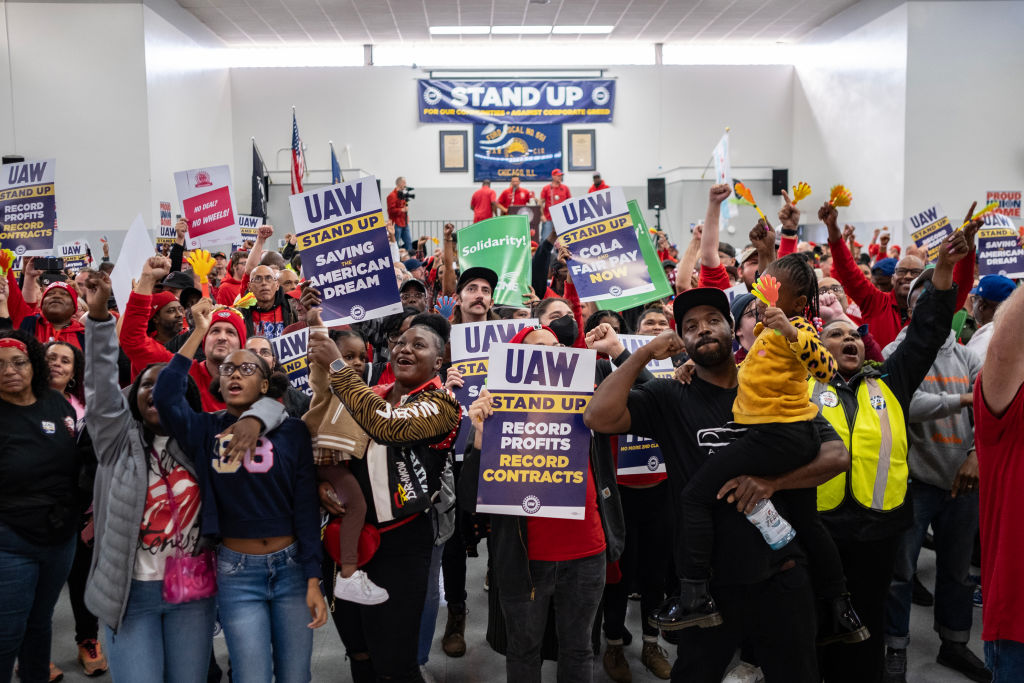Sought-After Locations Favored by Tourists May Turn Off Potential Visitors, Says Tulane University Study
A recent study conducted by Tulane University has revealed that sharing photos on social media platforms featuring people enjoying exclusive vacation spots or special events may have unintended consequences for marketers.
The study focused on the concept of “psychological ownership,” which refers to the feeling of ownership even without legal rights. Researchers analyzed over 14,000 travel photos posted by a popular Instagram influencer and conducted experiments where viewers were asked to choose between venues with or without individuals in the picture.
The results consistently showed that the presence of people in photos of unique or once-in-a-lifetime experiences decreased viewers’ liking and preference for the venue. This phenomenon was attributed to the desire for personal ownership over places associated with significant events like vacations or weddings.
Psychological ownership is a concept that can be observed in various contexts, from students feeling a connection to a specific seat in a classroom to sports fans strongly identifying with a franchise. The research suggests that people often shape and express their identity through this sense of ownership.
The inspiration for the study came from Zoe Lu, an assistant professor of marketing at Tulane, who noticed the impact of sharing a photo taken after her fiancé’s marriage proposal in 2018. She suspected that sharing such a photo could give friends a sense of ownership over the proposal location, potentially influencing their choice for their own proposal venue.
The study’s implications highlight the need for caution when using images of previous customers in online advertisements, especially when depicting “identity-relevant experiences.” People tend to view special occasions as more identity-relevant than routine experiences. Advertisers should carefully consider whether the featured consumer experience is identity-relevant and whether the individuals depicted have a distinct identity.
If people are included in promotional photos, it may be beneficial to feature individuals who do not compete with the viewer for the same identity, such as employees or business owners.
“This research is the first to investigate the impact of human presence in shared photos through the lens of psychological ownership and the identity-signaling function of ownership,” the study’s abstract states. The findings offer practical insights for marketers on when to avoid human presence in advertisements and how to mitigate the negative impact of human presence in online photos.
The study was published in the Journal of Consumer Research.




